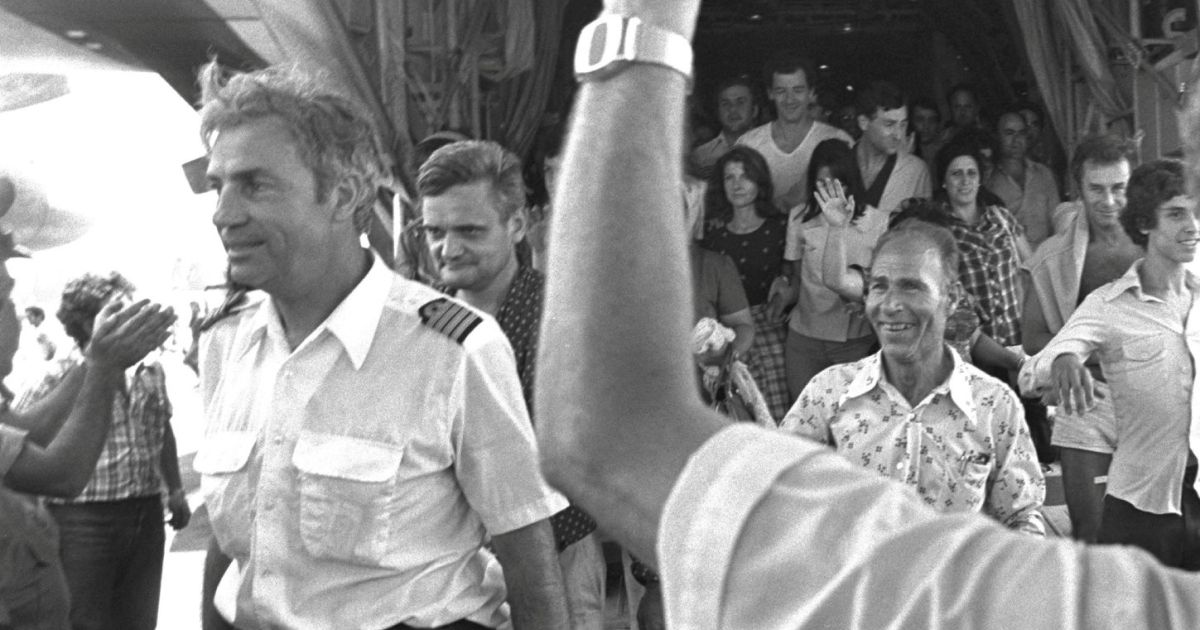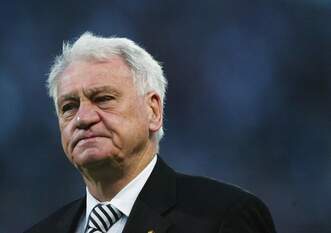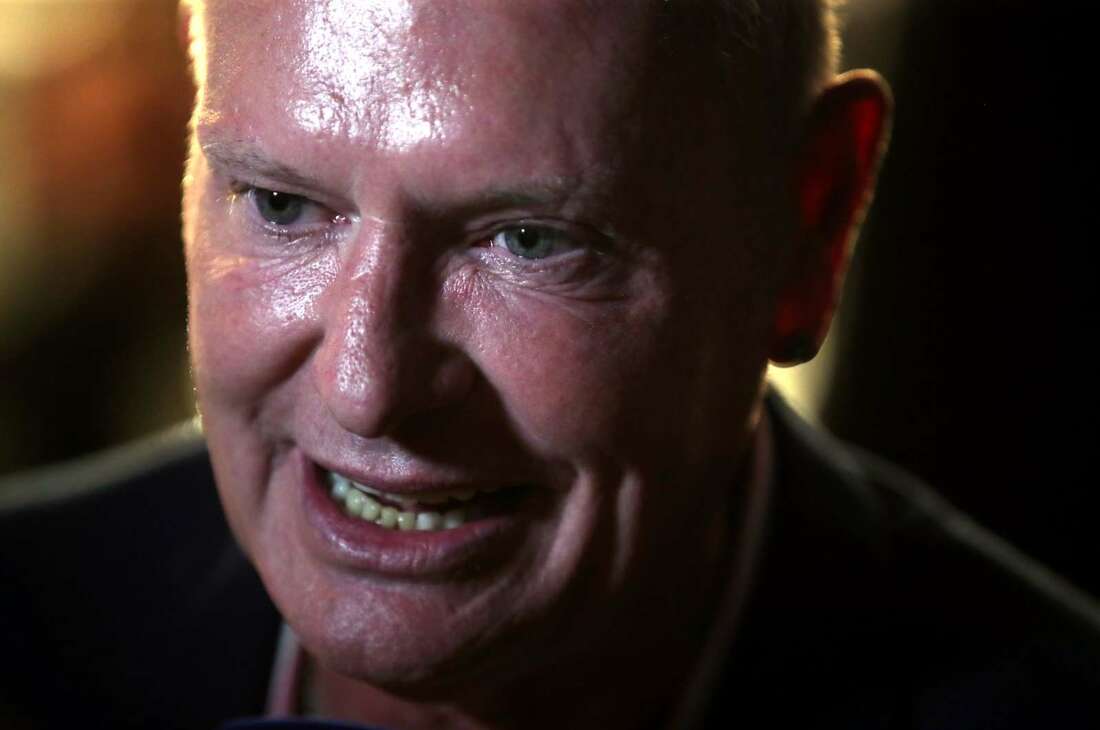|
A few weeks ago, Michel Bacos passed away at age ninety-four. It got some media attention, but not more than a few small obituaries and twitter references. I briefly mentioned it, but this week a video snippet of his funeral service appeared online and it prompted me to write about the man and his actions in a bit more detail.
Bacos had a colourful life. French, but born in Egypt, he fought during World War II and went on to become a pilot for Air France. In that capacity Bacos found himself as the captain of the ill-fated Flight 139, which on June 27, 1976, was scheduled to fly from Tel Aviv to Paris with a short stop over in Athens. There, a gang of German and Palestinian terrorists boarded and hijacked the plane and directed it to first Benghazi in Libya and eventually to Entebbe in Uganda. The plot thickened there. It turned out the hijackers were getting strong support from then Uganda dictator Idi Amin. Over the course of a few days the pressure was turned up as the terrorists sought not only a dollar ransom, but the release of a large number of Palestinian terrorists imprisoned in Israel. It put the government of then Prime Minister Yitzhak Rabin in a very difficult spot given its stance on non-negotiation with terrorists and the long distance to Uganda made any rescue attempt next to impossible. After only a few days, the crisis worsened as the Israeli and Jewish passengers were forcibly separated from the rest of the travellers, resulting in scenes reminiscent of the Holocaust. Not long thereafter, the non-Israeli contingent was released. At that point captain Bacos and his crew were given the option by the terrorists to leave too, but Bacos did not even consider it for a second and opted to stay with his passengers. He did give that option to his crew, all of who unanimously agreed to stay on. Given the likelihood of a very bloody ending to the affair, an extremely brave and commendable move and one that would put Bacos in the history books. The captain himself did not think that much of it when he commented later: “There was no way we were going to leave – we were staying with the passengers to the end,” he said. “This was a matter of conscience, professionalism and morality" After all diplomatic efforts had been exhausted, the Israeli government launched one of the most daring rescue operations ever, liberating the hostages and crew, killing all of the hostage takers as well as destroying a significant portion of the Ugandan air force. During the operation three hostages were killed, as was one of the Israeli commandos, Yoni Nethanyahu, the older brother of the current prime minister. One passenger, Dora Bloch, who had been evacuated to a hospital prior to the rescue mission was subsequently murdered by Amin's security forces. Bacos was honoured across the globe and his resumed work as captain not long after the drama, insisting his first flight back on the job would be to Israel. His heroism and the natural way in which he assumed full responsibility for his passengers under the most adverse circumstances are of course deeply commendable. It made him a hero and an example how to keep the moral high ground, even in a situation where you may not get out alive. But at a deeper level there is more to the move Bacos made. What he did was essentially what most Europeans failed to do during the Second World War. Taking a stance and doing the right thing when ordinary Jewish citizens are being singled out for death just because of who they are was exactly what was lacking in most of Europe. And it was exactly that which contributed to the death of six million Jews. Bacos must have sensed his actions had a far deeper meaning beyond just acting morally during a plane hijack. He may never have found the right way to express it, but if you see the short video of his funeral you sense what is going on. You see French flags, a priest, some French veterans, but you hear a national anthem that is not French at all. The anthem was played at Bacos’ own special request and it is the one national anthem that expresses hope. The hope.
0 Comments
The flight to Bali is some twenty hours from Vancouver so I downloaded a few Netflix items on the iPad. One of them was the Bobby Robson documentary, More Than a Manager. On the way out I watched it and was blown away, so much that it kept my mind going during the two-week holiday. So as a result I watched it again on the way back. Why did it grab me, what made it so captivating?
Bobby Robson was a very successful football coach and an engaging media personality, but it was the way his life story was framed that made the movie so compelling. The makers, Gabriel Clarke and Torquil Jones let the story zip back and forth in time, but it is anchored in Barcelona where Robson managed the illustrious local team for one season, in 1996-97. In soccer terms this is the absolute top one can reach, yet even though Robson got some good results in the capital of Catalonia, the knives were out for him from day one. He had the unenviable task to step into Johan Cruyff’s shoes while the Barcelona’s management was already planning on hiring another Dutch soccer giant, Louis van Gaal. It is almost painful to see how Robson gets humiliated in this exercise. In particular as the documentary moves on and you realize what a phenomenal coach and extraordinary human being he had been. Sir Bobby, as he became to be known, was what we today would call a ‘mensch’, which is best described as a person of deep human integrity and honour. And that was the foundation of his role as coach, his ability to deal with notoriously demanding talent and get them to do their very best. His success was driven by his ability to simply connect with the players at a human level, care for them, tell them to do better. He did that in a way in which the players would eventually go out on the pitch and do it for him as they felt they simply could not let their coach down. Nowhere is this clearer when the filmmakers bring on Paul Gascoigne, Britain’s enfant terrible football star who throughout his life struggled with alcohol, violence, depression and drugs. Nicknamed ‘Gazza’ he was despite all the mishaps and dramas surrounding his career one of the most talented players England ever had. A talent, it has to be said, that was never fulfilled to its fullest. Now well into his fifties, Gascoigne reminisces about the 1990 World Cup where Robson managed the England team that only just missed the final. It turns out that long after they stopped working together Robson would find time during his hectic career to call on Gazza, just to see how he was doing. As the story of the relationship between the two men unfolds you feel how the documentary is uncovering the coaching magic Robson applied and how it had kept the troubled talent going and motivated. Robson and Gascoigne last saw each other at a charity game only five days before Robson’s death in 2009. On that day, Robson, suffering from late stage cancer, came into the stadium in a wheelchair to a thunderous ovation and looked for Gascoigne who he knew was about to play. Gascoigne explains that Robson found him, had someone stop the wheelchair, looked up at the old payer and just said, “play well, play well, Gazza”. Gascoigne cannot hold back his tears as he relays the story and nor could I watching this dramatic end of the documentary. You do not often get this raw emotion captured in such a forceful way. But also, beautiful as you realize it was only Robson who was able to put the talented player out of his misery to perform in a way that probably no one else could. And that’s what Gazza realizes too as he explains it on screen. The emotional highlight of the documentary is also the essence of Robson and of coaching – be it in football or business – it all comes down to very basic and simple human understanding. The coach needs to get the player to do well, the players needs the coach to tell him that in the best possible, but above all, simplest way. We cannot say to ourselves when the day starts ‘do well, today’ but if someone else says it in the right way, it might just work. Gazza realized that the few good years he had on the pitch where Robson’s work and that those times were gone forever. |
Archives
April 2020
Categories
All
|



 RSS Feed
RSS Feed